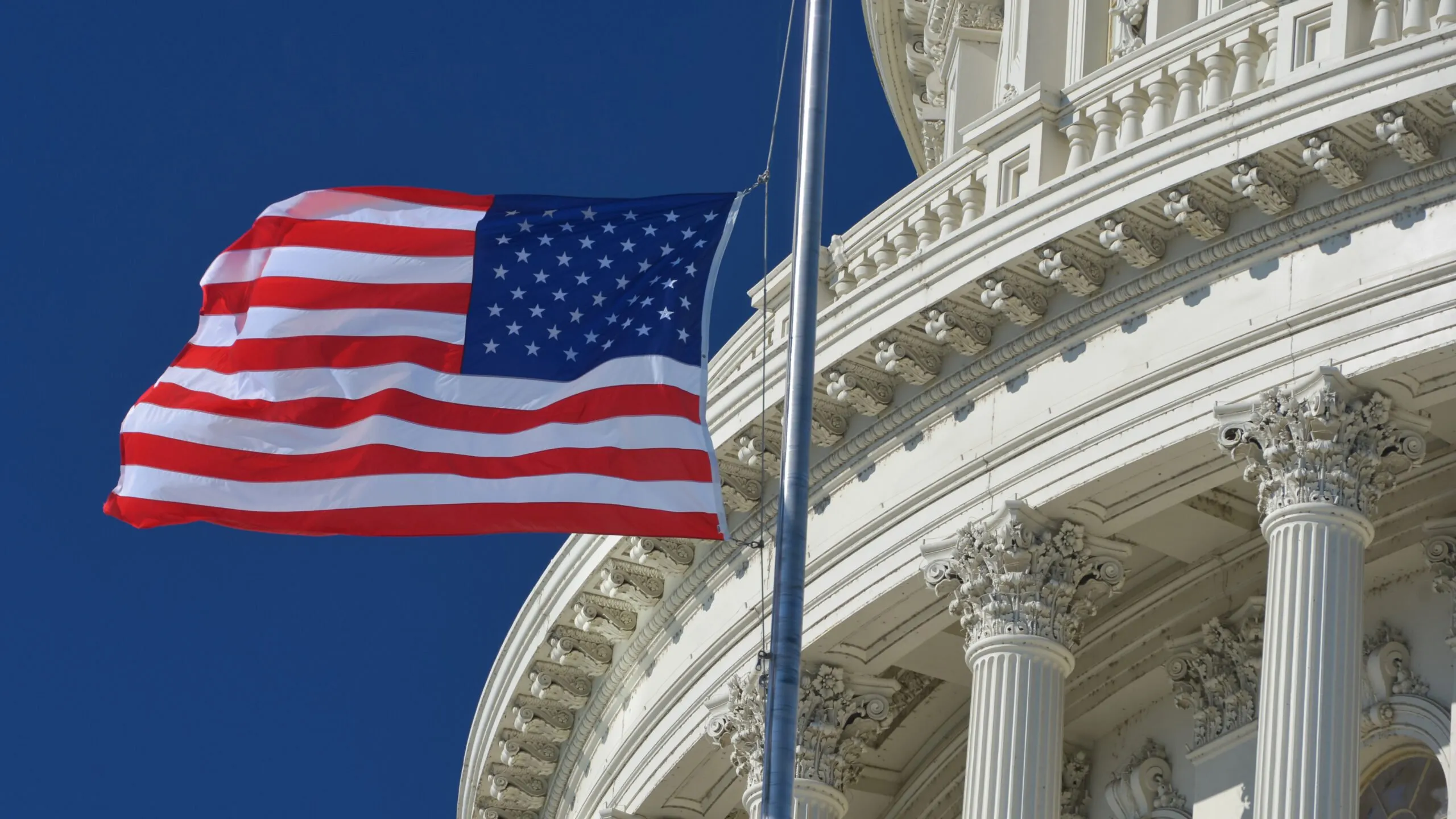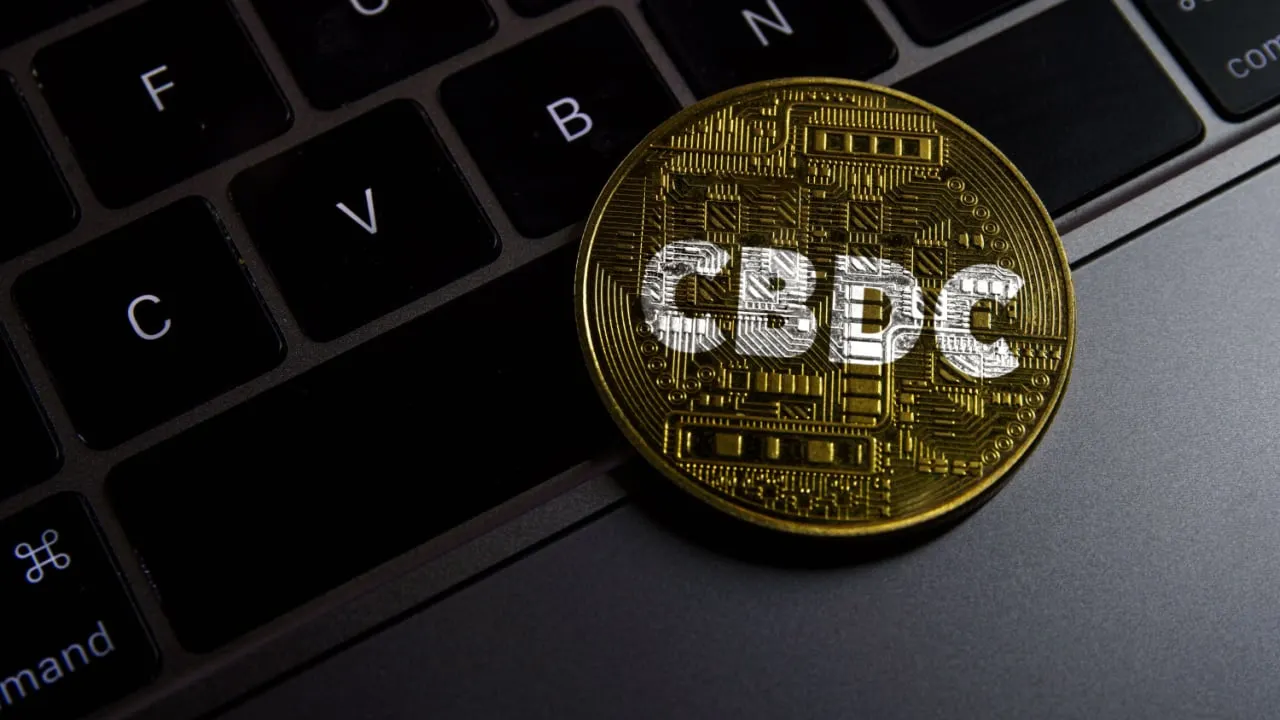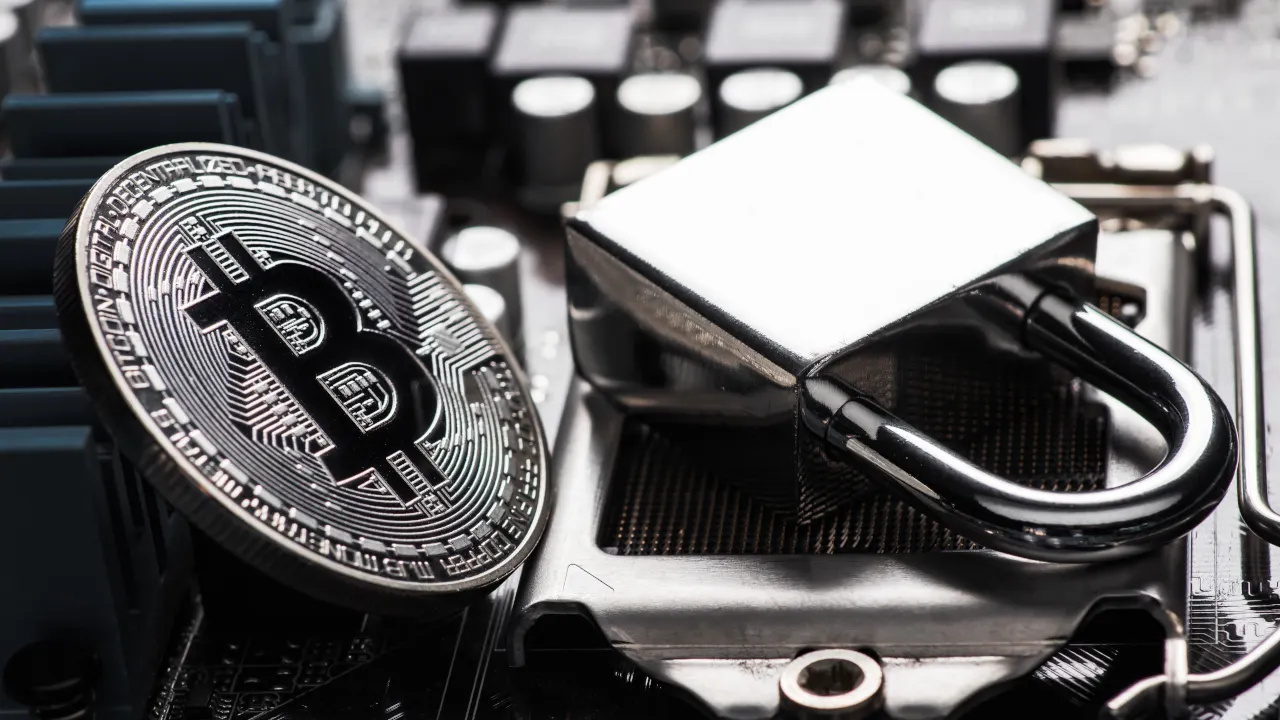About the Author
A former journalist, Daniel Dob has worked with projects including Polygon and Onomy, and now helms experimental content and design studio GM Factory. The views expressed here are his own and do not necessarily represent those of Decrypt.
Money is a hard problem. How we, as social animals, track the distribution of worth and value in our society, how we mediate exchange, is as fundamental to the human condition as love and friendship. We like shiny things. We want things to be fair.
It’s far more than dreams of avarice; our complex monetary systems are the bedrock of advanced civilization. Before paper money, debt, shares and banks, even paying the farmer in the next town along for his crop was inefficient and dangerous.
Techno sapiens have spent generations advancing their tools in response to the problem.
Cowrie shells were durable and divisible, but volatile. Gold was resistant, stable (and shiny), but hard to transport. Paper was easy to transport, but fragile—and reliant on the issuer who backed it. In modern times, money is often just a conceptual unit issued by a nation state’s treasury (a ‘super issuer’) in the form of debt, and often exists entirely electronically.
This state of affairs led to the creation of Bitcoin in the first place, with Satoshi Nakamoto conceiving of the cryptocurrency as an antidote to nation states’ ability to debase the value of their own currency at a stroke.

What Are Central Bank Digital Currencies (CBDCs)?
Central bank digital currencies, or CBDCs, are exactly what the name suggests: they're digital versions of a state’s fiat currency. But how does that differ from money sitting in a digital bank account, being used to make cashless transactions with debit cards? Why do governments even want to have CBDCs? And which countries have launched CBDC projects? What is a CBDC? CBDCs are digital versions of a state’s fiat currency. They are similar to stablecoins, which are pegged at a 1:1 ratio with a p...
Now, the next stage of the evolution could be coming, with central bank digital currencies (CBDCs) on the horizon. Yet if money is already conceptual and electronic, why are 130 nation states enthusiastically pursuing CBDCs? And if blockchain is the key to it all, then does it represent the utopian adoption of Web3, crypto, and a new fairer financial system celebrated by techbros and cypherpunks alike—or merely a new monopoly on value that would have Nakamoto turning in their (presumed) grave?
CBDCs for the ‘greater good’
The answer depends, in part, on your inherent skepticism of centralized authority, balanced against the use of crypto technology for the wider public good.
A CBDC has many seductive advantages that could energize economic growth. Most crucially, efficiency. An integrated CDBC would require one signatory—the central bank's decentralized ledger itself—for all payment methods. Whether a coffee, a plumber, a house, or even foreign exchange—all transactions would operate through one system. No merchant fees for banks at point of sale, no need to use cash for contractors, no remittance fees for international travel, no escrow fees for purchases. Cheaper, faster, and more secure transactions—for everyone. Fast money is good money—and a CBDC would be faster than any current fiat system. Secure, too.
The fewer intermediaries in the payment chain, the fewer attack vectors. As money exists on the ledger, transactions could be reversed—including fraudulent ones. A user who proves they were scammed through the courts can simply have the money reversed back into their account once the judiciary confirms it. You could never be mugged for your money again.
On a grander scale, settlement risk could be dramatically avoided, both national and international, a problem that once brought down the German economy and which costs companies and national infrastructure millions of dollars daily to counteract and is the fundamental margin in the Forex market.
A CBDC makes “double-spending, illegal duplication and counterfeit, transaction falsification, and repudiation unfeasible,” according to a PBOC white paper for China’s digital yuan, the furthest advanced CBDC currently being piloted. These are issues that necessitate our baroque international banking system in the first place—and a unified solution to them is a dream for many nation states and "greater good" utopians.
Dystopian daydreams
Of course, a CBDC is still fiat—whether it uses the blockchain or not. Crypto enthusiasts keen to celebrate a possible ‘digital dollar’ are wary. Yes, a CBDC would open up inflows of trillions upon trillions of dollars into the on-chain realm, as the friction between fiat and blockchain economies as a whole would be reduced to zero.
But it would also render Satoshi Nakamoto’s dream of a peer-to-peer electronic currency practically dead, and his groundbreaking use of blockchain tech remembered only for making enough of a cultural dent to enshrine fiat’s eternal supremacy—and the new forms of state control it enables. A nightmare scenario—although in reality, Bitcoin would likely benefit by orders of magnitude from CBDC adoption, due to capital inflows into Web3 from easy onramps and widespread acceptance by government technocrats. It doesn’t mean any true cypherpunk would celebrate, though—quite the opposite.

House Republicans Reintroduce Bill to Outlaw Digital Dollar CBDC
Republican House Majority Whip Tom Emmer announced Tuesday that he has reintroduced the CBDC Anti-Surveillance State Act first filed in late February, all in an effort to prevent the United States from issuing a digital dollar. “If not designed to emulate cash, a government digital currency would dismantle Americans’ right to financial privacy and embolden the Administrative State,” Emmer posted on Twitter today. “I won’t let that happen.” The legislation put forth earlier this year aimed to pro...
Through a CBDC, an issuer would have total authority over its own citizens' money, right down to reversing, blocking, and tracking an individual's payments. "It was difficult to transact with cash legitimately in the Sprawl; In Japan, it was already illegal"—as William Gibson’s prophetic cyberpunk novel “Neuromancer” glibly notes. Should cash be a human right? The right to bear value. You and your money.
The U.K. has explicitly stated ‘it will not replace cash’. The E.U. has said "privacy is one of the most important design features," but says CBDCs could offer more control over personal data if designed correctly. As for the digital yuan, it will allow for privacy for smaller transactions, but not larger ones—"unless stipulated otherwise in laws and regulations."
The U.S., almost uniquely, has been slow among developed economies to develop a digital dollar—the U.S. dollar's primacy in the global financial system no doubt being responsible for at least some of the inertia.
What price for your money?
We always need better money. A safe, malleable, divisible, ephemeral, secure, and supremely transactable digital currency would have ramifications on the economy that extend far, far beyond a mere crypto bull run.
Every aspect of daily life would run smoother, but you will always wonder who exactly is validating the ledger that describes your worth—the ledger that describes you. It’s an old choice: liberty or security? CBDCs are asking the question in a whole new way.




